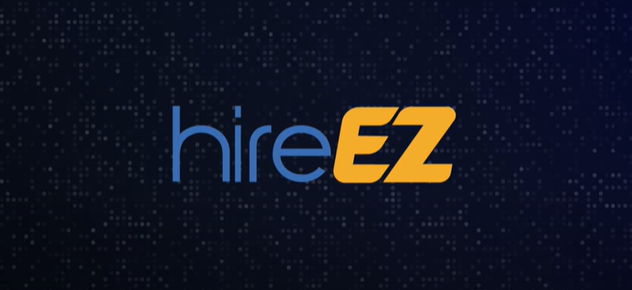Unmasking the Flaws: The Common Pitfalls of Traditional Recruitment CRMs
January 02, 2023 3 min read
Recruitment Candidate Relationship Management (CRM) systems have long been a cornerstone for recruiters.
While these tools are designed to streamline the recruitment process, traditional CRMs are not immune to pitfalls that can hinder rather than help.
In this blog post, we will dissect some of the common challenges associated with traditional recruitment CRMs.
Overly Complex to Use
One of the cardinal sins of traditional recruitment CRMs is their tendency to be overly complex. In fact, you could Google reviews of some of the biggest recruitment CRMs and find constant complaints around complexity. These systems, while robust in features, often come with a steep learning curve. The intricacies can overwhelm users, requiring extensive training and making it challenging for recruiters to extract maximum value from the CRM. A recruitment CRM should make life easier for recruiters – not more challenging.
Do Not Fit the Needs of a Recruiter's Workflow
Recruiters have unique workflows that require agility and adaptability. Traditional CRMs may fall short in catering to these specific needs, forcing recruiters to conform to the system rather than vice versa. A lack of customization can disrupt the natural flow of recruitment processes, impeding efficiency and hindering productivity.
Useful Features for Recruiters
Successful recruitment CRMs should be tailored to meet the evolving needs of recruiters. Advanced search functionalities, collaborative tools, and intelligent matching algorithms are essential features that empower recruiters in their talent acquisition efficiency efforts. Traditional CRMs lacking these features may lag behind in delivering optimal results.
Lack of Accessible Reporting and Analytics
In the era of data-driven decision-making, accessible reporting and analytics are indispensable. Traditional CRMs may struggle to provide recruiters with real-time insights, hindering their ability to evaluate the effectiveness of their strategies. A lack of data-driven decision support can impede progress and limit the CRM's impact on the recruitment process both for recruiters and leaders. Recruiters can't inform their efforts with accurate data and TA leaders can't make the right decisions on strategy and goal alignment without visibility into team performance.
Messaging Capabilities Better for Marketers than Recruiters
While communication is vital in recruitment, some traditional CRMs place more emphasis on messaging capabilities suited for mass marketers rather than recruiters.
Here's what VP of Global TA at Zip Co, Bret Feig, shared about CRMs built for mass messaging.
This misalignment can lead to an emphasis on efficiency, hampering the recruiter's ability to engage with candidates effectively. The result is an engagement process that feels less human and personalized – which as we know are keys to effective engagement.
Lacking Accurate Candidate Data
Accurate and up-to-date candidate data is the lifeblood of successful recruitment. Traditional CRMs may struggle to maintain the accuracy of candidate profiles, leading to potential mismatches and missed opportunities. Inaccurate data can jeopardize candidate experiences and damage the reputation of the recruiting organization.
Inability to Find Talent
While finding talent isn't the only important aspect of sourcing and recruiting, it's definitely a competitive edge to have software that can locate the talent you'll engage with in a CRM. Traditional recruitment CRMs that lack advanced search functionalities and intelligent matching algorithms can diminish that advantage, making it more challenging for recruiters to identify and connect with the right candidates.
Difficult Integrations
Recruitment involves the seamless integration of various tools and platforms. Traditional CRMs that pose difficulties in integration can create bottlenecks, hindering the overall recruitment workflow. Integration challenges can lead to data silos, impede collaboration, and result in a fragmented recruitment ecosystem.
Hopefully, we didn't cause any PTSD based on your experiences with recruitment CRMs. If anything, we wanted to highlight potential issues you might run into.
In the ever-evolving landscape of recruitment, it's crucial to recognize the limitations of traditional CRMs.
Recruiters must be discerning in their choice of tools, opting for systems that align with their workflows, provide essential features, and ensure seamless integrations. By acknowledging and addressing these common pitfalls, recruiters can empower themselves with the tools needed to navigate the complexities of talent acquisition successfully.
newsletter
Subscribe for our daily news
By filling out this form you agree to hireEZ's Privacy Policy and consent to receive communications from hireEZ.
Outbound Recruiting
newsletter
Subscribe for our daily news
By filling out this form you agree to hireEZ's Privacy Policy and consent to receive communications from hireEZ.
Stay Up-to-Date on Future Talent Acquisition Events
By filling out this form you agree to hireEZ's Privacy Policy and consent to receive communications from hireEZ.
related BLOGS
videos

hireEZ - Outbound Recruiting Made Easy!

A Hiring Superhero Rebrand Made EZ